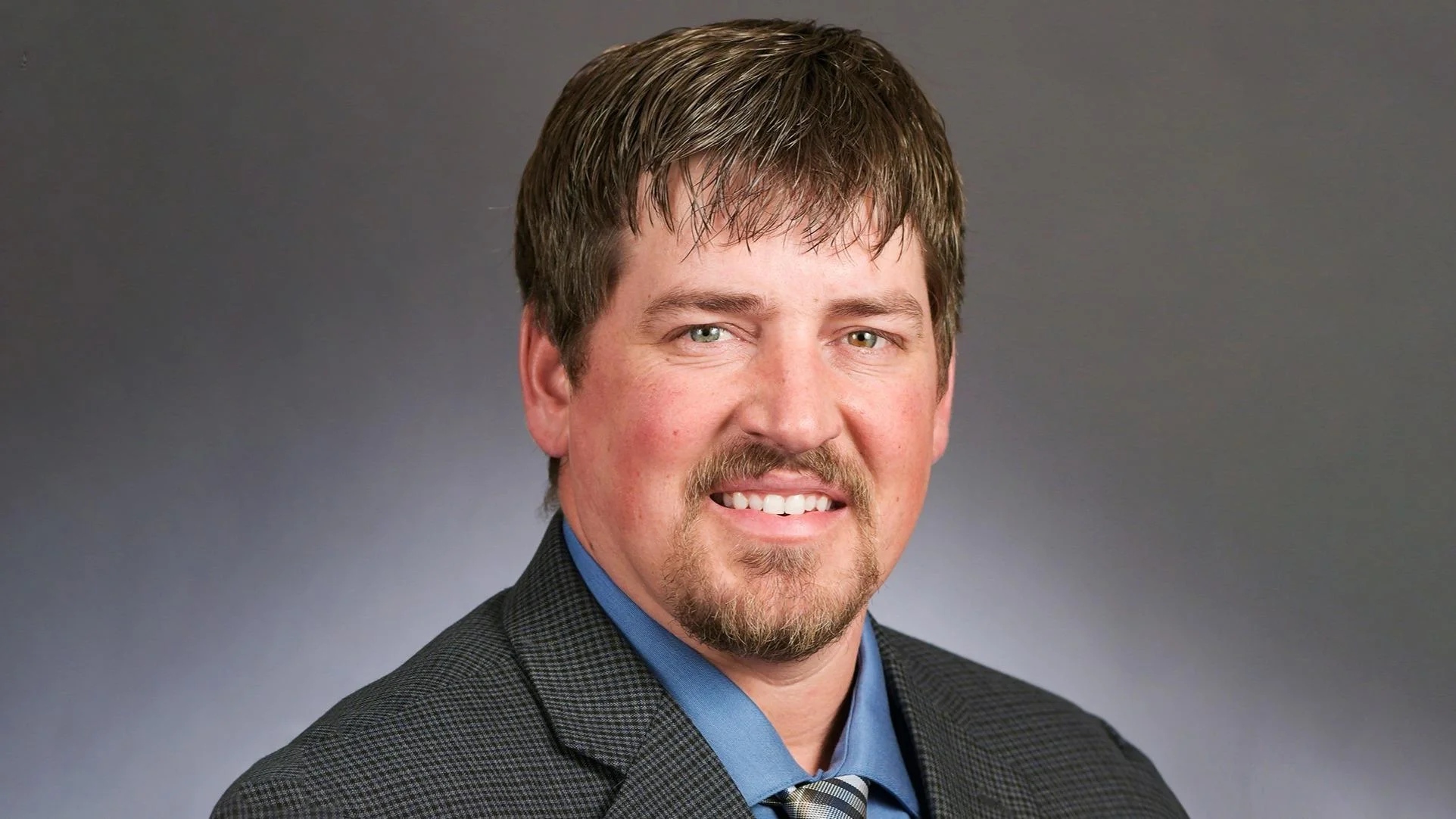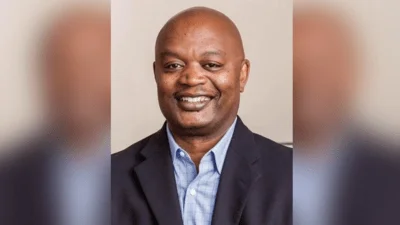Nathan Nelson, Minnesota State Representative of 11B District | Official Website
Nathan Nelson, Minnesota State Representative of 11B District | Official Website
The Minnesota legislature concluded a one-day special session to finalize the state's next two-year budget, according to Representative Nathan Nelson (R-Mora). Nelson said the session resulted in several outcomes intended to benefit rural Minnesota, with a focus on supporting farmers, families, and small-town communities.
Nelson described the legislative approach as an effort to restore balance and accountability in St. Paul. "From the start, this session was about bringing balance and accountability back to St. Paul. After years of bloated spending and one-size-fits-all mandates, it was time to stand our ground—and we did," he stated.
As Co-Vice Chair of the Children and Families Committee, Nelson emphasized efforts to address fraud and improve oversight in state programs. "As Co-Vice Chair of the Children and Families Committee, I made it a priority to fight fraud, strengthen oversight, and ensure state resources are actually helping those who need them most. One of the most important changes we made this year gives fraud investigators real-time access to child care attendance records, helping to crack down on abuse and improve transparency," Nelson said.
Additional measures included new protections against child maltreatment and funding for technology upgrades in the child welfare system. Nelson commented on these changes: "We also secured new protections against child maltreatment and fully funded long-overdue technology upgrades in our child welfare system. These changes aren’t flashy—but they’re meaningful. They help keep kids safe, restore accountability, and make sure your tax dollars are working the way they’re supposed to."
Addressing agricultural concerns, Nelson noted his background as a farmer influenced his advocacy during budget negotiations. "As a farmer myself, I know firsthand how important it is to support agriculture—not just with words, but with action. That’s why I fought hard to ensure the final budget reflected the real needs of our Ag community," he said.
Key provisions highlighted by Nelson include full funding for wolf and elk depredation payments for livestock producers affected by wildlife damage; blocking a mandate that would have required food testing for plastics; maintaining current operations at the Board of Animal Health; and reducing nearly $2 million from Second Harvest Heartland after questions about executive compensation.
Nelson summarized these actions by stating: "Minnesota’s rural economy depends on producers, processors, and local grocers—not top-down mandates from the metro. This budget sends a clear message: we’re standing with our farmers and protecting the communities that feed our state."
He acknowledged that not all goals were achieved but described progress toward fiscal restraint and support for Greater Minnesota. "This session wasn’t perfect. But it was progress. We didn’t win every fight, but we held the line against more tax hikes, delivered billions in budget savings, and made sure Greater Minnesota wasn’t left behind," Nelson said.
Nelson concluded by reaffirming his commitment to constituents: "I’m proud of the work we accomplished—but I’m not done yet."



 Alerts Sign-up
Alerts Sign-up